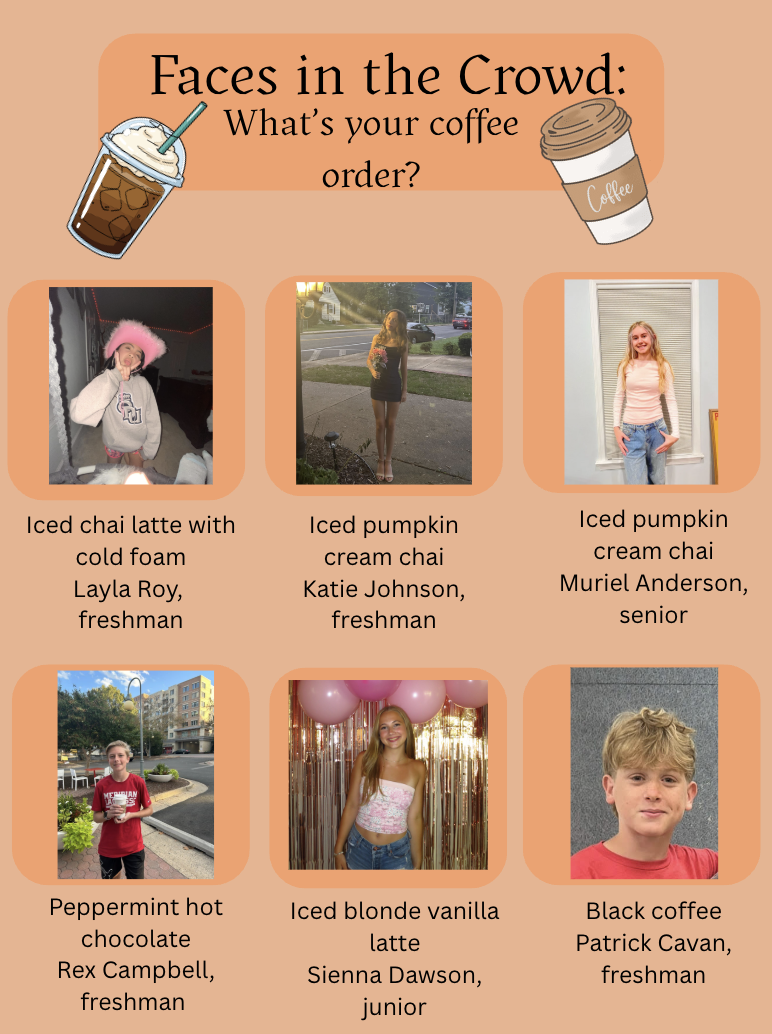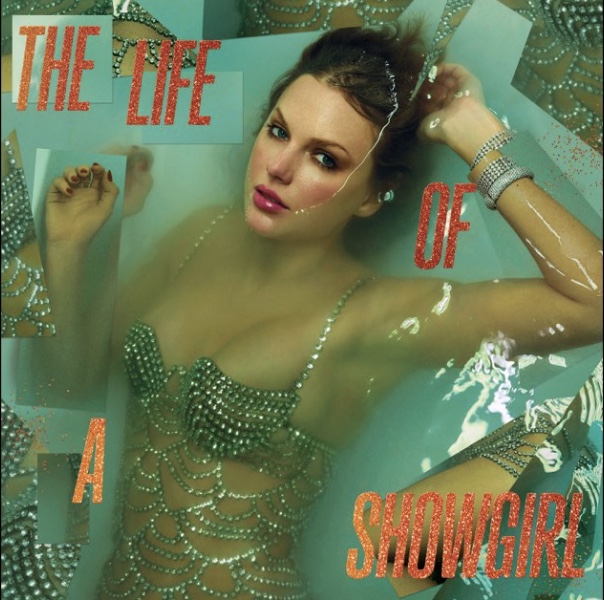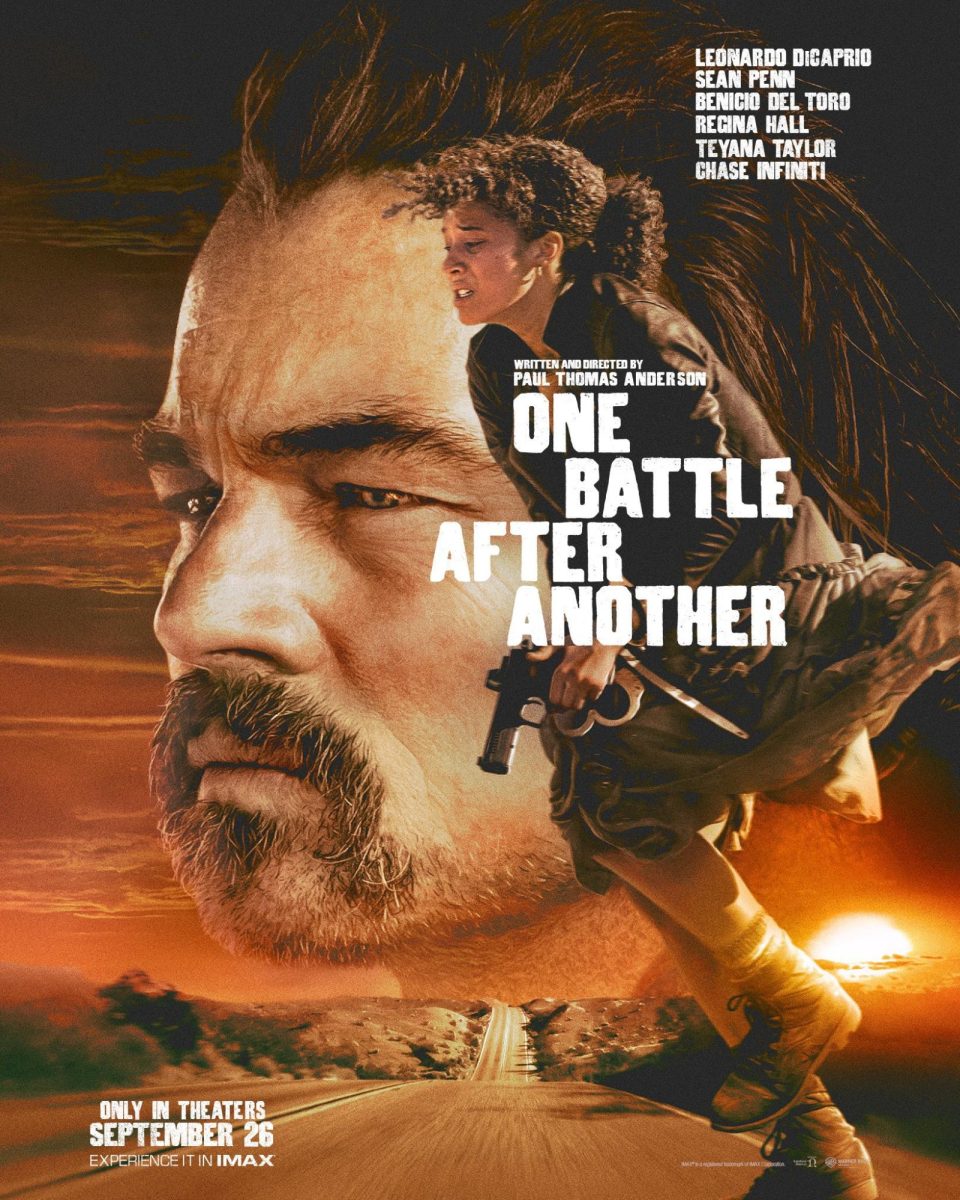Recently, YouTube has started demonetizing certain videos from both small and famous creators. As a result of YouTube’s new terms of services, advertisers are no longer putting up ads on channels that aren’t kid friendly, thus removing the ability for creators to make any money off of them. Non-kid friendly videos are also getting strikes, and getting a strike means that YouTube takes down the video. Baseball rules apply – three strikes and your channel is terminated.
The terms of services content community guidelines restrict any videos that are either too sexual, too controversial, too violent, or all of the above. But the terms of services of YouTube have not changed since 2009.The question now is, what has changed in the past few months with YouTube’s terms of service to cause this?
The answer may lie with the YouTubers themselves.
Some YouTubers have gotten strikes on their channels due to other YouTubers claiming that their content is being stolen. Some smaller YouTube creators are stealing content and claiming it as their own by striking the original creator with a copyright strike. A lot of these strikes are actually false copyright claims, which are illegal and can be worth suing if the original content owner decides to do so.
These newly enforced guidelines are making many YouTubers concerned with the way they live due to their videos not making any money, since YouTube is a viable career for some creators. A good example is Pewdiepie; the most popular creator on Youtube, with 47,890,210 subscribers, is currently making less than what he would be making if his content wasn’t being demonetized.
Even some of the George Mason students are affected by these changes to YouTube’s strict regulations. Alex Smith is a sophomore in the George Mason community with his own channel, Superburger64, where he likes to do playthroughs and racing games. With his channel having one copyright strike, he thinks that YouTube has become a little too harsh in its community guidelines, and that it should go back to the way it was with less restrictions and rules.
“I do feel a little limited with my speech during a gameplay or a walkthrough,” said Smith about the changes.
Also, Alex states that ads only want to support kid friendly channels, meaning that any channels that have curse words, sexual content or speaking out about a controversial topic will not receive their support.
With the Youtube’s terms of services being pretty strict, many content creators will have a tough time making videos and doing what they love to do, for a while at least.









